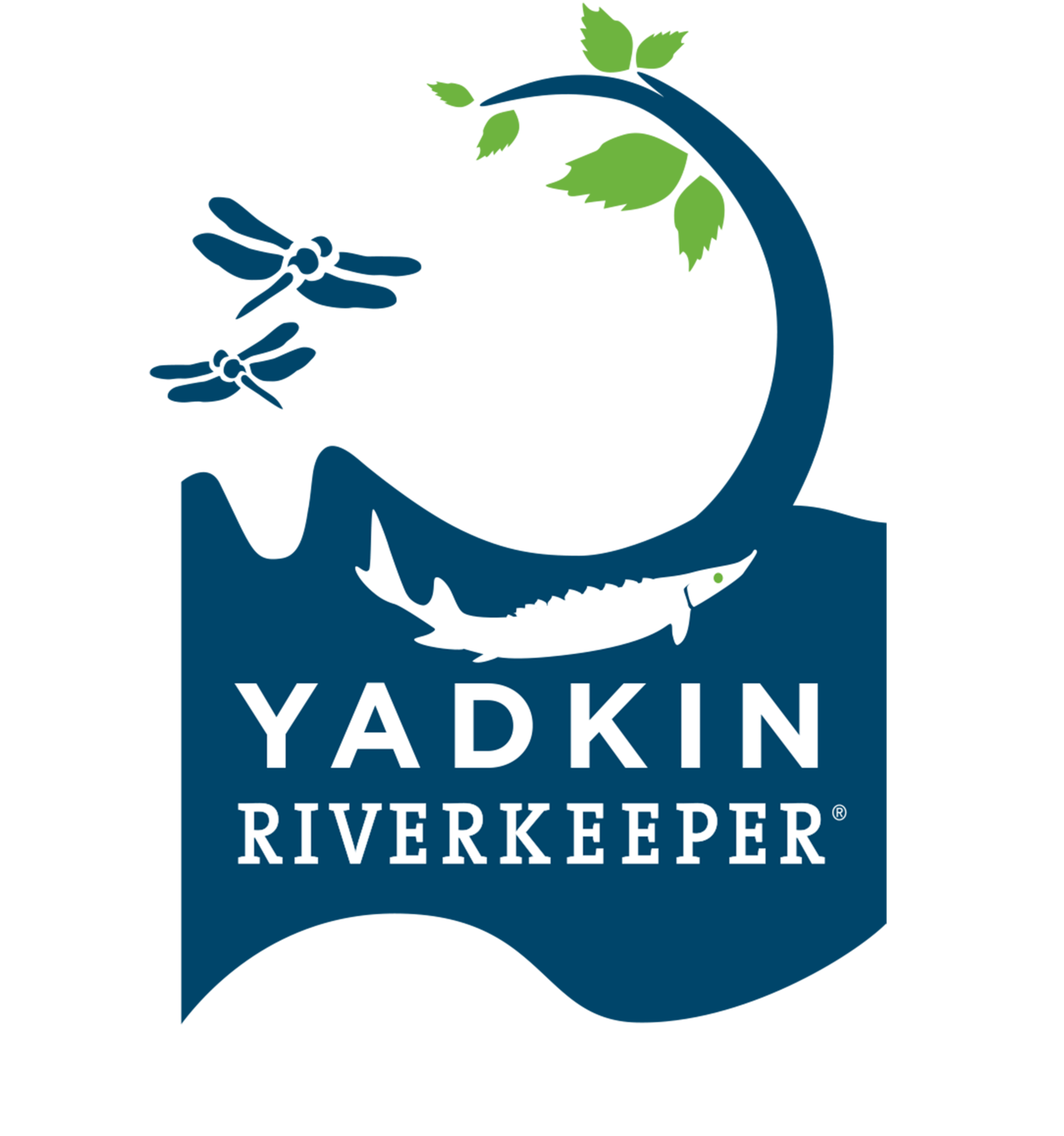by Edgar Miller, Riverkeeper and Executive Director
There have been a myriad of bad bills moving through the NC General Assembly this month. Please see updates below on the status of those bills and actions you can take.
S 582-The NC Farm Act of 2023 – The annual grab bag of legislation to benefit farmers and other agricultural related interests (e.g., equine industry) passed on June 12, only to be vetoed by Governor Roy Cooper on June 23. Governor Cooper vetoed the bill due to provisions in the legislation that would eliminate protection for nearly 2.5 million acres of wetlands, which is almost half of the state’s remaining wetlands. The General Assembly overturned the Governor’s veto on June 27 and the new law will take effect immediately, tying NC’s definition of protected waters to the recent Supreme Court ruling in the Sackett case. That case ruled that isolated wetlands and floodplains that do not have a direct surface water connection to a navigable water are no longer protected by the federal Clean Water Act. See the articles below for more information on the bill and the veto override.
NC Newsline June 27 Article On S 582
Winston-Salem Journal Article on S 582 Veto Override
H 600 Regulatory Reform Act of 2023 – Different versions of this bill have passed both the House and Senate and it is likely that a conference committee will be required to iron out the differences. The NC House is scheduled to vote on concurrence or to appoint a conference committee after the July 4 recess on July 12. The most concerning aspects of the legislation include provision that would:
force the NC Department of Environmental Quality (DEQ) to approve the proposed MVP Southgate pipeline, which would carry fracked gas from West Virginia through the Piedmont.
make it harder for DEQ to establish effluent limits in wastewater discharge permits for emerging contaminants (like PFAS and 1,4-dioxane) in our waterways.
prevent DEQ from considering cumulative impacts and federal civil rights requirements when assessing and issuing animal waste system permits.
block the agency from requiring industrial farms to monitor groundwater under their leaky waste pits.
allow local governments to significantly exceed current sewer capacity limitations, particularly in so-called “fast growing” counties.
Please consider contacting your NC House of Representatives member and ask them NOT to concur with the Senate’s version of H 600 on July 12 and to remove these provisions that will have a negative impact on water quality across the state.
H 579 Sedimentation Act and Other Environmental Changes – This bill just passed the NC House on June 28 and would essentially eliminate state and local governments’ ability to regulate sedimentation and erosion control issues with new developments. The bill creates an unnecessary administrative and bureaucratic workload for NCDEQ and will create uncertainty for local sedimentation and erosion control programs, as well as developers. The bill’s focus is to eliminate sedimentation and erosion control permits for developments.
The NCG01 General Permit is the bare minimum permit required to initiate the development regulatory process for locally authorized programs to use their expertise to evaluate sediment and erosion control plans for specific soil types, topography, and proximity to water bodies in their jurisdictions. The NCG01 is often done online, without meeting with staff or reviewing the site. Eliminating the requirements for these permits not only jeopardizes our streams, but threatens to damage neighboring properties, increase flooding and land loss, and eliminate jobs in the local regulatory programs. Eliminating these permits would also eliminate the fees local programs are able to generate to support their oversight. Legal experts, environmental advocates and even the General Assembly’s own bill drafting staff have warned that this bill at its core may be ruled unconstitutional under the federal supremacy clause, which requires the state to uphold EPA permitting requirements to protect water resources under the federal Clean Water Act.
Be on the lookout for an action alert on this H 579 as it moves through the Senate after the 4th of July recess.
S 613 – Sedimentation Buffers for Trout Waters – This bill is one of the only positive pieces of environmental legislation introduced this year. The legislation would require an undisturbed 25’ vegetative buffer along designated trout streams. Sponsors of the legislation introduced the bill largely in response to the destruction of several trout streams in the upper Yadkin basin due to unregulated land clearing by Bottomley Farms. It passed the NC Senate unanimously on April 20, but has been stuck in the House Rules Committee since then and was recently referred to the House Finance Committee, although it doesn’t appear to have any finance provisions. YRK board member and Blue Ridge Trout Unlimited (TU) Chapter President Robby Abou-Rizk has shared TU’s action alert to help get the bill moving in the NC House. Please consider sending the Trout Unlimited Alert to your NC House member today.

